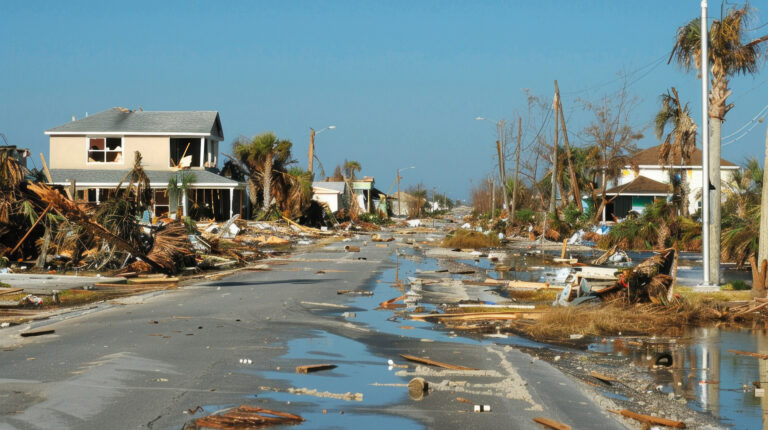When disaster strikes, homeowners and business owners rely on their insurance policies to cover damages and losses. However, insurance companies often deny, delay, or underpay claims, leaving policyholders struggling to recover. If you’ve experienced a denied insurance claim, understanding your rights and legal options is crucial.

Why Do Insurance Claims Get Denied?
Insurance companies use various reasons to deny claims, including:
- Policy Exclusions – Certain damages may not be covered under your policy, such as floods in a standard homeowner’s insurance policy.
- Lapsed or Insufficient Coverage – If your policy lapsed due to non-payment or lacks adequate coverage, the insurer may reject your claim.
- Lack of Proper Documentation – Insurers require detailed evidence of damage. Missing documentation can result in a denial.
- Claim Filed Too Late – Many policies have strict deadlines for filing claims. Late submissions can lead to automatic denials.
- Disputes Over Damage Cause – Insurers may argue that pre-existing conditions or poor maintenance caused the damage instead of a covered event.
If your insurance claim has been denied, seeking legal guidance can help determine whether the denial was justified or if you have grounds to challenge it.
Steps to Take After an Insurance Claim Denial
- Review Your Policy
Read through your insurance policy carefully to understand the terms, exclusions, and coverage limits. Pay close attention to clauses related to claim disputes. - Request a Written Explanation
Insurance companies must provide a written reason for claim denial. This document helps identify potential legal violations or bad faith practices. - Gather Additional Evidence
If the insurer claims insufficient documentation, gather photos, repair estimates, medical records (for injury claims), and expert evaluations. - File an Appeal
Most insurance policies allow for an internal appeal process. Submit a formal appeal with supporting evidence within the required timeframe. - Consult an Insurance Claim Lawyer
If your appeal is unsuccessful or your insurer engages in bad faith practices, an insurance claim lawyer can help you challenge the denial through legal action.
What Is Insurance Bad Faith?
Insurance companies have a legal duty to handle claims fairly and in good faith. When they unjustly deny, delay, or underpay claims, they may be acting in bad faith. Examples of bad faith insurance practices include:
- Unreasonably delaying claim investigations
- Denying valid claims without proper justification
- Failing to communicate with policyholders
- Offering significantly low settlements
If you suspect bad faith practices, you may be entitled to compensation beyond your original claim amount. Learn more about bad faith insurance claims and how to hold insurers accountable.
How an Insurance Claim Lawyer Can Help
A skilled attorney can:
✔️ Review your policy and claim denial reasons
✔️ Gather strong evidence to support your case
✔️ Negotiate a fair settlement with your insurer
✔️ Take legal action if necessary to recover rightful compensation
At Zar Law Firm, our attorneys specialize in insurance claim disputes, denied claims, and bad faith lawsuits. Whether you’re dealing with a property damage claim, fire insurance claim, or business interruption coverage dispute, we’re here to help.
Conclusion: Fight for the Compensation You Deserve
A denied insurance claim doesn’t have to be the end of the road. Understanding your rights, gathering the right evidence, and seeking legal help can make all the difference. If you’re facing an unfair claim denial, don’t settle for less—let an experienced insurance claim lawyer advocate for you.
📞 Contact Zar Law Firm today for a free consultation and let us help you fight for the compensation you deserve!





